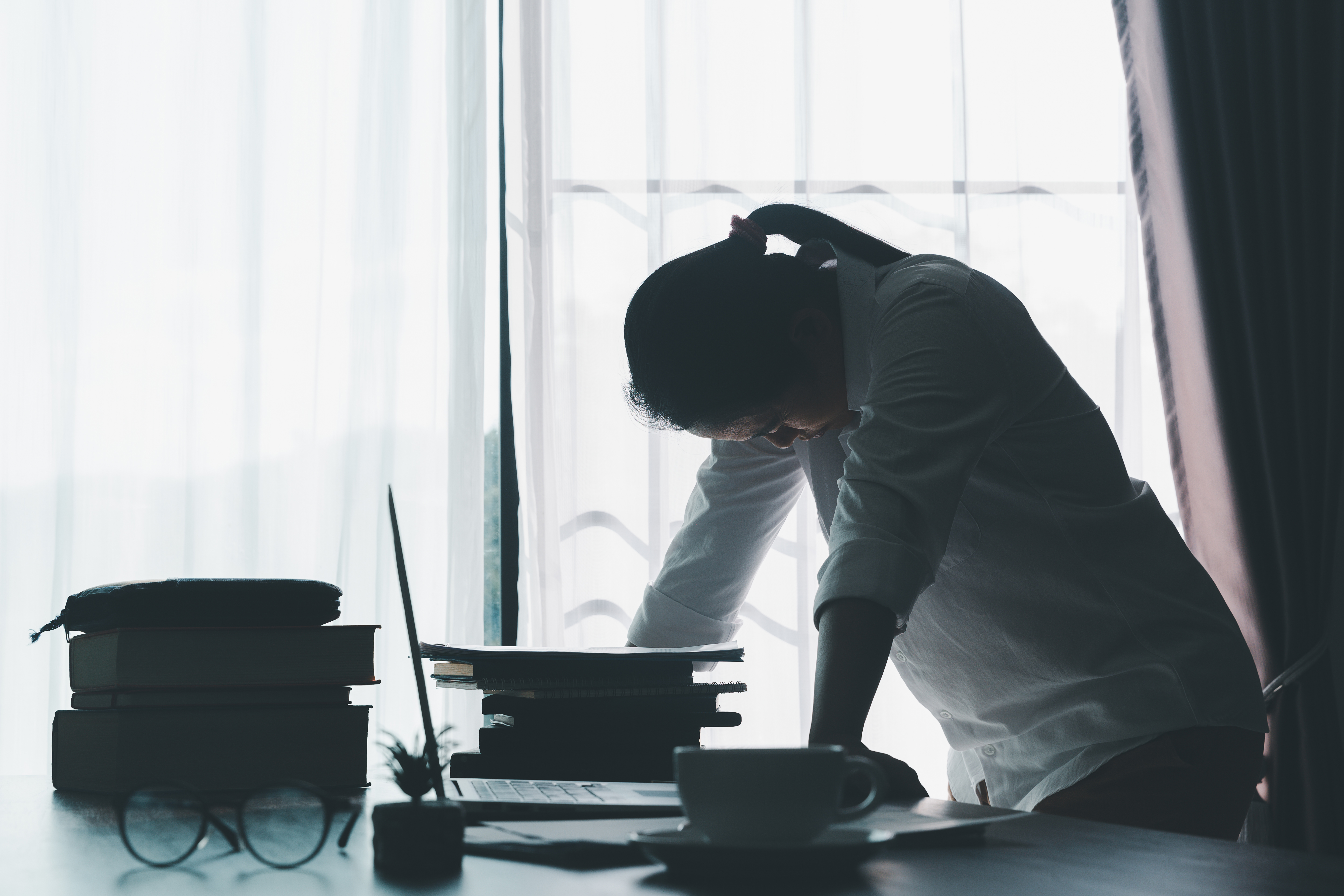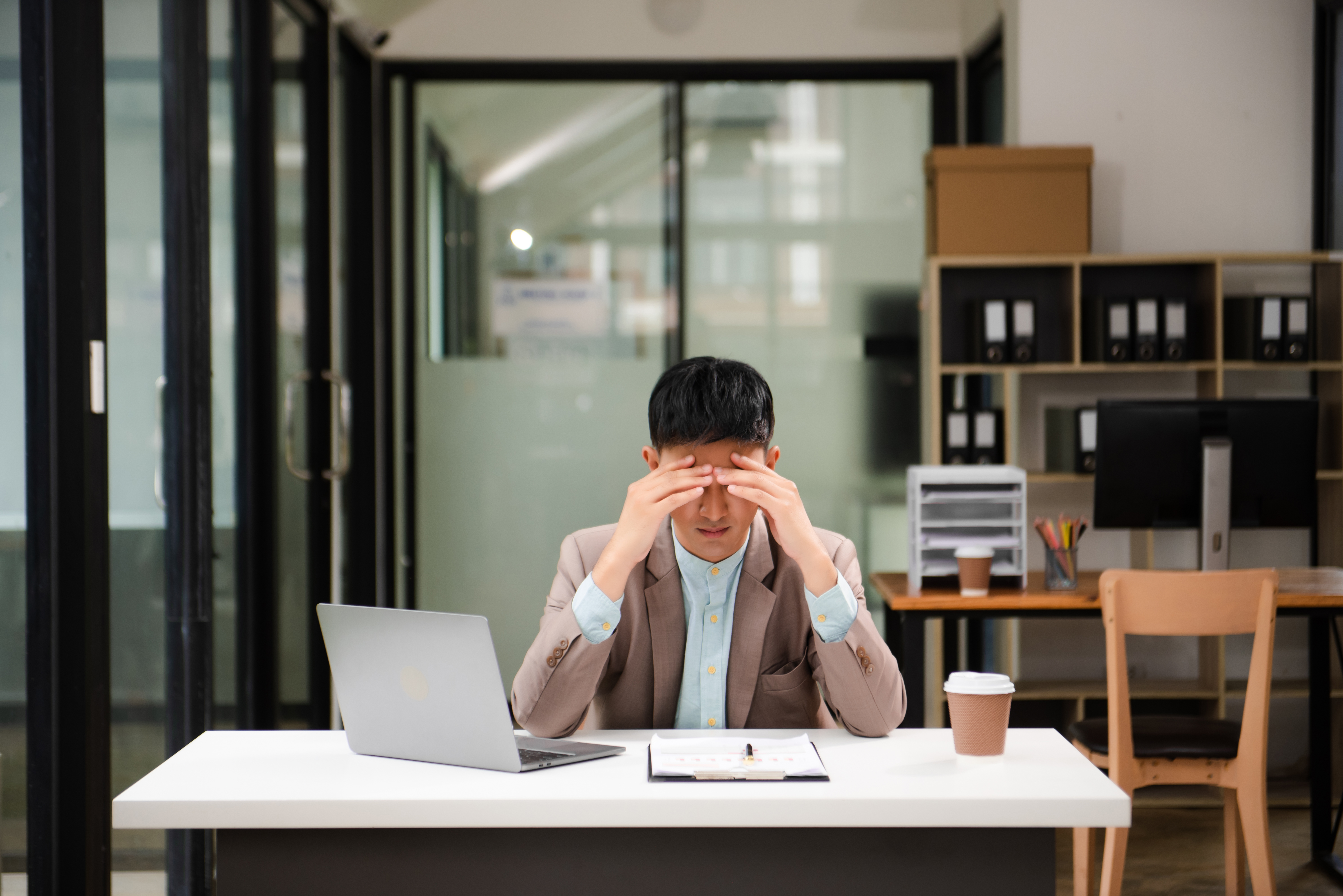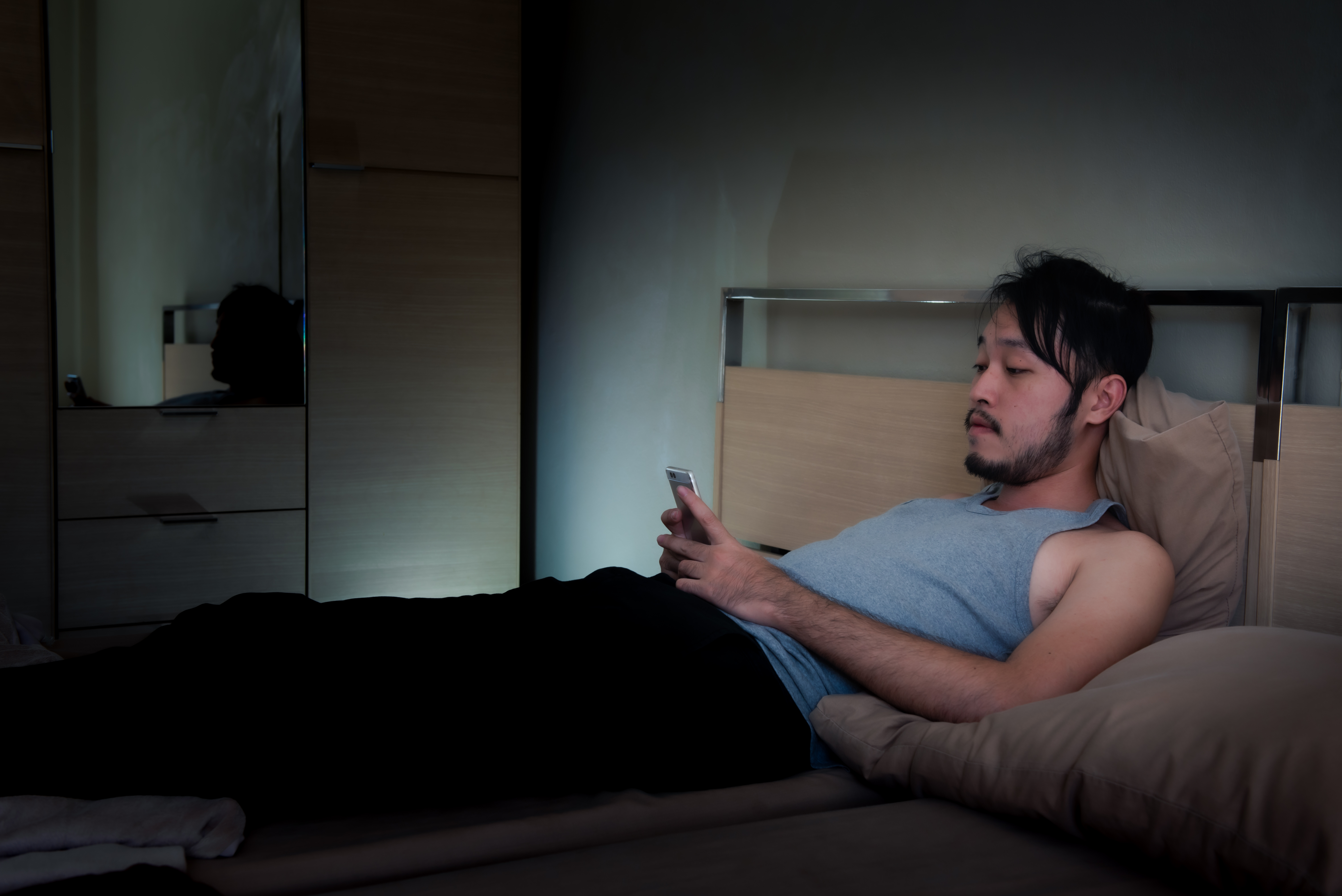Here's How Embracing Boredom And Doing Nothing Can Help You Cope With Burnout
Boredom provides space for us to reconnect with our inner selves, giving birth to authenticity, creativity, and innovation.
With burnout hitting more than half of working class Gen Ys and Gen Zs, it is time to revisit our conventional understanding of the concept
Is burnout still merely a state of negativity, or has it evolved into something else due to excessive positivity?
Modern day burnout is a state of exhaustion caused by our relentless pursuit of productivity and success. And the cure to it is not positive affirmation or shallow pep talk, but rather embracing the art of boredom and doing nothing.
I know what you are thinking. How is doing nothing going to help with burnout? Before you are too quick to dismiss the idea, hear me out.
In the International Classification of Diseases (ICD-11) by the World Health Organization (WHO), burnout is defined as "a syndrome conceptualised as resulting from chronic workplace stress that has not been successfully managed"
This definition suggests that burnout happens when we drop the ball on self-management.
But when we dig into the heart of the issue, modern-day burnout often springs from an overload of positivity in our lives. It's rooted in the culture and society we're a part of, and is not so much about an individual's failure in handling their emotions or the result of a negative outlook on life.
As highlighted in Burnout Society, a book by Korean philosopher Han Byung-Chul, our society has transitioned from a "disciplinary society" characterised by external control and repression, to an "achievement society" marked by "excessive positivity" and crazy productivity. This shift is a response to the influence of neoliberal, capitalist, and meritocratic policies that govern our society.
In this society, the pursuit of success knows no bounds. As Han puts it, everyone is driven by the "unlimited can-do" attitude, resulting in a relentless quest for achievements. Consequently, citizens of this society, including Malaysians like you and me, willingly subject ourselves to the relentless optimisation of our own performance, resulting in exhaustion and burnout.
Adding to the complexity of the problem are cultural values, the impact of social media, and income status in Malaysia
Supposedly virtuous cultural values like "hardworking" and "ambitious", which are often regarded as societal norms, actually contribute to the propagation of a culture of overworking.
With everyone flaunting their career achievements on LinkedIn and showcasing their opulent lifestyles on Instagram and TikTok, it's like a constant reminder of the rampant competition that surrounds us. This instils a fear of falling behind, often referred to as "kiasuness" in the Chinese culture, and fuels an unrelenting pursuit of success.
Plus, the stark reality of how underpaid Malaysians are, as often highlighted by pages like MalaysianPAYGAP, further intensify the pursuit of success due to financial strain and insecurity.
According to the Wellness at Work 2022 report, 58% of workers in Malaysia experience burnout.
Additionally, a 2023 study conducted by Deloitte on Gen Zs and millennials reported that burnout has risen by an average of 5% compared to the previous year.
This statistic underscores the pressing need for the community to come together as a whole to address this pervasive issue. As we have witnessed, burnout is a multifaceted cultural phenomenon that defies simple textbook definition.
It's no longer just an individual problem; it's a collective challenge that requires concerted efforts from all stakeholders.
For employers, it is no longer enough to promote a workplace culture that includes superficial wellness workshops and mental health support. It is also crucial to evaluate and adjust workplace policies and practices that may be overly focused on KPIs and performance.
As fellow Malaysians, the least we can do to support one another is to comprehend the cultural nuances and intricacies surrounding burnout, and to offer greater empathy to those experiencing it, rather than placing blame solely on them.
If you are dealing with burnout, consider seeking counselling and therapies that adopt a holistic approach to well-being. This means exploring options that address not only your symptoms, but also the underlying emotional, psychological, and social factors affecting your mental state.
Seek services that welcome open discussion on how societal expectations, work-related stress, and cultural norms may be affecting your mental well-being.
In addition to external interventions, a somewhat unconventional solution to burnout lies in embracing boredom. Yes, you read that right.
Philosophers like Han Byung-Chul, Søren Kierkegaard, and Martin Heidegger advocate for the importance of boredom. Doing nothing, as paradoxical as it may sound, can actually serve as the antidote to our hyper-productive culture.
Boredom provides space for us to reconnect with our inner selves, giving birth to authenticity, creativity, and innovation. These are qualities that can serve as a counterbalance to our never-ending pursuit for productivity.
You may wonder how this is different from binge-watching Netflix and doom scrolling. Unfortunately, binge-watching and doom scrolling do not count as the practice of boredom, as they are merely distractions that keep our minds busy and prevent us from engaging in genuine introspection.
Here are a few philosophically recommended ways to practice boredom in your life:
- Don't shy away from asking big questions in life. Take moments to ponder existential questions about life, death, meaning, and the human condition.
- Keep a journal. Document your thoughts and feelings during moments of boredom. You can also try joining a philosophical journaling program like PhiloJourney.
- Gain clarity of thoughts through mind mapping. Create mind maps to visualise the relationships between the thoughts that come to you during moments of boredom.
- Embrace slow living as a way of life. To kickstart this journey, the Malaysian Philosophy Society is hosting a slow-living festival called 'Live Love Labour Festival: The Art of Bersantai', happening on 21 October at Me.reka in Publika, Kuala Lumpur. The festival specifically states "no work is allowed". It blends philosophy, psychology, art, and wellness to offer Malaysians an opportunity for digital and mental detoxification. Participation is free of charge.
- Space out and let your mind wander freely. Observe your thoughts, emotions, and sensations without judgement. If you prefer a collective experience, you can participate in the Space Out competition as part of the Live Love Labour festival this year.
These methods not only give us a break from our hyper-productive culture, but also help combat burnout by allowing critical evaluation of our belief systems and the societal expectations imposed upon us. Consequently, we gain a deeper understanding of ourselves, as well as renewed perspectives on our professional lives.
So, the next time you find yourself bored with nothing to do, resist the urge to immediately grab your phone
Instead, take a moment to stay still, let your mind wander a bit, and embrace that sense of boredom.
This story is a personal opinion of the writer and does not necessarily reflect the position of SAYS.
You too can submit a story as a SAYS reader by emailing us at [email protected].
Chew Zhun Yee is the co-founder and managing director of the Malaysian Philosophy Society, the national governing body for philosophy in Malaysia. The organisation's mission is to make philosophy practical and accessible to all.






